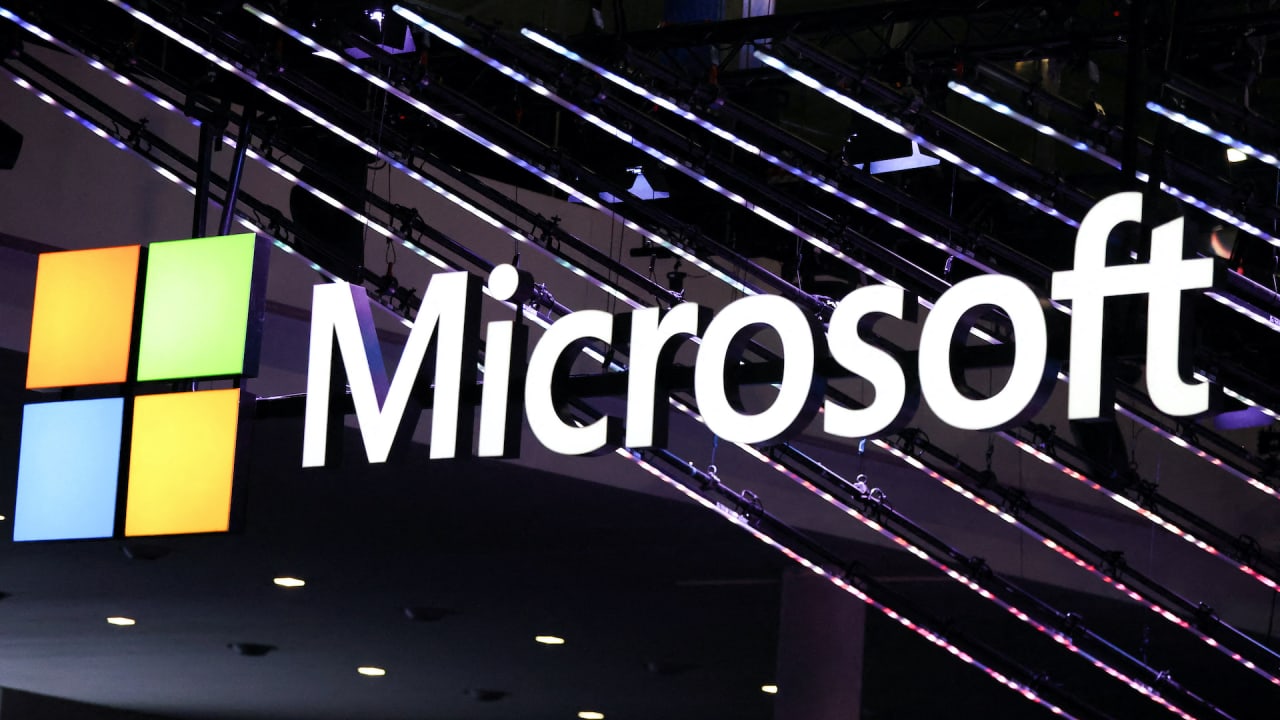Google parent Alphabet’s potential acquisition of HubSpot, a U.S. marketing software maker with a market value of $31 billion, would boost its ability to compete against Microsoft in offering cloud-based applications to companies.
Reuters reported last month that Google was exploring an offer for HubSpot. Such a deal would be Google’s biggest, expanding its products and applications that serve businesses, analysts and investment bankers said in interviews.
Google is already challenging the dominance of Microsoft’s Office platform through its Google Workspace collaboration offerings. Buying HubSpot would make Google a competitor in the so-called customer relationship management sector, which Microsoft caters to with its Dynamics 365 products, said Cowen analyst Derrick Wood.
“It does appear that Google has aspirations to try to take market share from Microsoft in the productivity suite, and they can use HubSpot to bundle applications together for clients,” Wood said.
Representatives for Google, HubSpot and Microsoft did not respond to requests for comment.
HubSpot, which makes marketing software for small and medium-sized businesses, is seeking ways to maintain sales growth in the face of a wider economic slowdown.
HubSpot CEO Yamini Rangan said on the company’s first-quarter earnings call this month that client demand had weakened, as small businesses fret about the economic impact of high interest rates.
HubSpot has maintained growth despite clients downsizing, reporting a 23% rise in sales and 15% operating margin in the first quarter. However, equity analysts have warned that its shares would have taken a hit were it not for Google’s acquisition interest.
Most analysts covering HubSpot lowered their price target on the stock following its latest earnings report. Some have warned that the company’s niche in serving smaller businesses, which sets it apart from bigger enterprise competitors such as Salesforce and Oracle, could become a weakness if a downturn makes financing harder to secure for those clients.
“Tighter lending standards could have an outsized negative impact on access to funding for small and medium-sized businesses (that are HubSpot’s clients),” Goldman Sachs analysts wrote in a note on May 9.
HubSpot specializes in so-called “inbound marketing,” in which the consumer initiates engagement with a brand. HubSpot clients use its software to produce advertising content that consumers click on online or follow up on.
Inbound marketing largely relies on search engines and social media to attract customers and convert them into leads, offering many synergies with Google, whose parent Alphabet also owns popular video streaming service YouTube.
While Microsoft has focused on attracting big corporate customers, Google has sought to also appeal to smaller companies, which make up the bulk of HubSpot’s client base.
Acquiring HubSpot would deliver Google a trove of valuable sales leads, filling a gap as it removes tracking applications known as “cookies” from its Chrome browser in the second half of 2024, said Stifel analyst Parker Lane.
“Purging third-party cookies from Chrome … places a greater emphasis on first-party data, which HubSpot bring an abundance of to the table,” Lane said.
AI in advertising
Alphabet CEO Sundar Pichai and other executives have said that Google views advertising as a key route to making money off its advances in artificial intelligence.
“AI innovation across our ads ecosystem is core to every aspect of our product portfolio, from targeting, bidding, creative, measurement, and across campaign types,” Google’s Chief Business Officer Philipp Schindler said during the company’s first-quarter earnings call last month.
Google clinching a deal for HubSpot would risk a challenge from antitrust regulators, even as many experts agree the tie-up would not curb competition given the lack of business overlap in the two companies. This is because of regulators’ growing aversion to technology giants getting bigger through acquisitions.
MorningStar analyst Dan Romanoff said Google could decide the potential deal’s benefits outweigh the possibility of a regulatory challenge.
“Amazon is the clear leader in the cloud, Microsoft is No. 2 and Google is kind of distant third. One can imagine Google saying, ‘If we buy HubSpot, that’d be like having Microsoft Dynamics 365, so it’ll make us more competitive there,’” Romanoff said.
—Milana Vinn, Reuters


